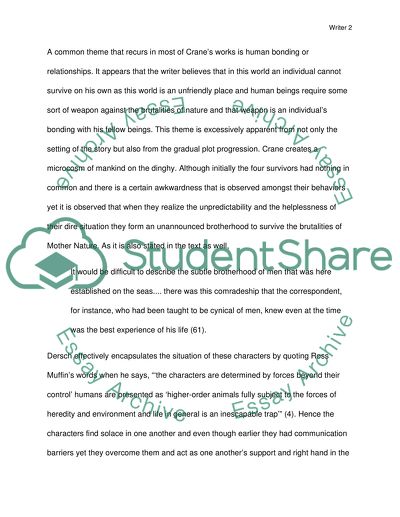Cite this document
(“Thematic Concerns in the Open Boat Research Paper”, n.d.)
Thematic Concerns in the Open Boat Research Paper. Retrieved from https://studentshare.org/english/1475618-thematic-concerns-in-the-open-boat
Thematic Concerns in the Open Boat Research Paper. Retrieved from https://studentshare.org/english/1475618-thematic-concerns-in-the-open-boat
(Thematic Concerns in the Open Boat Research Paper)
Thematic Concerns in the Open Boat Research Paper. https://studentshare.org/english/1475618-thematic-concerns-in-the-open-boat.
Thematic Concerns in the Open Boat Research Paper. https://studentshare.org/english/1475618-thematic-concerns-in-the-open-boat.
“Thematic Concerns in the Open Boat Research Paper”, n.d. https://studentshare.org/english/1475618-thematic-concerns-in-the-open-boat.


